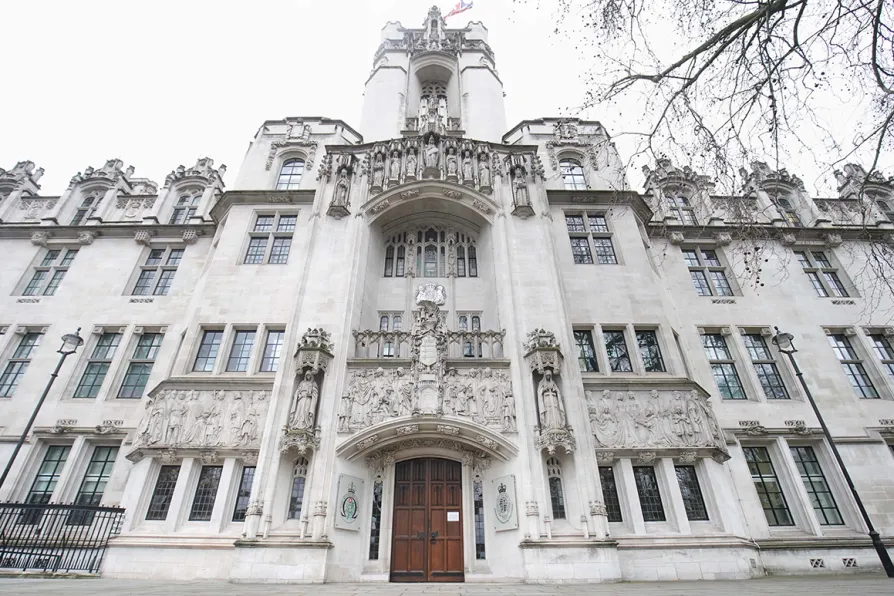Supreme Court judges to consider how women are defined in law

 The UK Supreme Court in Parliament Square, central London
The UK Supreme Court in Parliament Square, central London
SUPREME COURT judges are considering how women are defined in law.
The landmark case brought by Scottish campaigners today will determine whether transwomen with a gender recognition certificate are treated as women under the Equality Act.
It could have implications for the running of single-sex spaces and services as well as measures aimed at tackling discrimination.
Similar stories

Government urged to consider further measures












